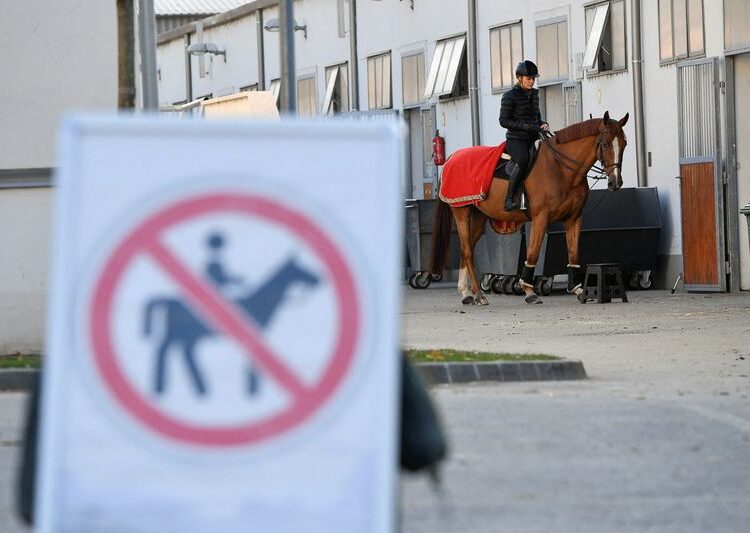Modern pentathlon’s governing body said making TV-friendly obstacle racing the sport’s fifth discipline would help build its future amid fierce opposition to its move to drop the equestrian element from the 2028 Los Angeles Olympics, according to Reuters.
Starting in late June, the UIPM will test two variations of obstacle racing — which consists of disciplines where athletes run and/or overcome obstacles in timed competitions — after selecting the sport from more than 60 options.
Pentathlon United, a group formed to block the removal of equestrianism, wrote to the International Olympic Committee (IOC) seeking intervention, saying the UIPM’s consultation process was “illusory at best”.
The group added that an April survey of 310 athletes — 168 of whom are active — showed 77% of them said it is unlikely they would stay in the sport if equestrianism is removed.
“We understand that some are unhappy. But we have far more people who want to embrace the change,” UIPM vice-president Joel Bouzou told The Guardian.
“What we’re doing is building the future of our sport.
“There are some things still to be tested. But if we do the whole thing with breaks it could arrive at something close to one hour. If we make it nearly continuous, we arrive at something like 45 minutes.
“That’s ideal for a live programme on American TV.”
Bouzou said that the tactical nature of obstacle racing would make it interesting for athletes.
“With obstacle racing there are moments when you have to jump, hang, and have to choose options — which means you have to think and there’s a tactical element,” Bouzou said. “We want to integrate all of this and find the complete athlete.”
Former IOC director of marketing Michael Payne, a part of the UIPM fifth discipline working group as an external expert, said the global body had compiled data on TV audience, social following, global footprint, spectators and cost of sports.
“Modern pentathlon performs right at the bottom,” Payne said. “Unless you transform it, it’s no longer contributing to the success, development and strength of the Olympics.”






Discussion about this post